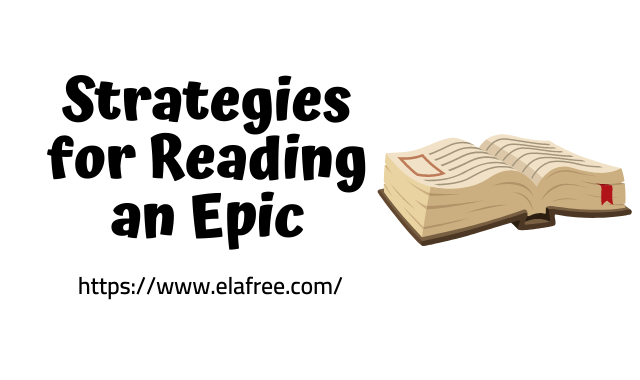The Epic
Introduction
Have you ever wondered how ancient civilizations celebrated their heroes? While today we might throw parades or host grand banquets, in ancient times, the stories of heroes were immortalized through epic poems. These long narrative works not only chronicled heroic deeds but also served as a medium for passing down cultural values and history. For literature enthusiasts and educators alike, exploring the world of epics offers a fascinating glimpse into the past and highlights the timeless nature of storytelling. Join us as we delve into the captivating realm of epic poetry and its enduring significance.
The Epic Tradition
An epic is a long narrative poem that celebrates a hero’s deeds. The earliest epic tales survived for centuries as oral traditions before they were finally written down. They came into existence as spoken words and were retold by poets from one generation to the next. Most orally composed epics date back to preliterate periods—before the cultures that produced them had developed written forms.
Since many epics were based on historical facts, their public performance provided both entertainment and education for the audience. The oral poets (known in different cultures as scops or bards) drew upon existing songs and legends, which they embellished or combined with original material. The poets had to be master improvisers, able to compose verse in their heads while simultaneously singing or chanting it. One characteristic feature of oral poetry is the repetition of certain words, phrases, or even lines.
Key Features of Epics
Two of the most notable examples of repeated elements are stock epithets and kennings.
- Stock epithets are adjectives that point out special traits of particular persons or things. In Homer, stock epithets are often compound adjectives, such as the “swift-footed” used to describe Achilles in the Iliad.
- Kennings are poetic synonyms found in Germanic poems, such as the Anglo-Saxon epic Beowulf. Rather than being an adjective, like an epithet, a kenning is a descriptive phrase or compound word that substitutes for a noun. For example, in Beowulf “the Almighty’s enemy” and “sin-stained demon” are two kennings that are used in place of Grendel’s name.
Stock epithets and kennings were building blocks that a poet could recite while mentally preparing for the next line or stanza. Epithets had an added advantage—they were designed to fit metrically into specific parts of the lines of verse. In skillful hands, these “formulas” helped to establish tone and reinforce character traits and setting.
<->
Epic Proportions
Epics from different languages and time periods do not always have the same characteristics. Kennings, for example, are not found in Homer’s epics. All epics, however, concern the actions of a hero, who can be described as
- being of noble birth or high position, and often of great historical or legendary importance
- exhibiting character traits, or qualities, that reflect important ideals of society
- performing courageous, sometimes superhuman, deeds that reflect the values of the era
- performing actions that often determine the fate of a nation or group of people
In addition, most epics share certain conventions, which reflect the larger-than-life events that a hero might experience.
- The setting is vast in scope, often involving more than one nation.
- The plot is complicated by supernatural beings or events and may involve a long and dangerous journey through foreign lands.
- Dialogue often includes long, formal speeches delivered by the major characters.
- The theme reflects timeless values, such as courage and honor, and encompasses universal ideas, such as good and evil or life and death.
- The style includes formal diction (the writer’s choice of words and sentence structure) and a serious tone (the expression of the writer’s attitude toward the subject).
Strategies for Reading an Epic
When reading an epic, use the following strategies:
- Decide what virtues the hero embodies.
- Determine the hero’s role in bringing about any changes in fortune for the characters, the nation, or the group of people depicted in the story.
- If a passage confuses you, go back and summarize the main idea of the passage.
Conclusion
Epics are more than just ancient stories; they are windows into the values, struggles, and triumphs of past civilizations. By studying these grand narratives, we gain insight into the human experience and the timeless nature of heroism. Whether you’re a student, teacher, or literature lover, exploring epics can enrich your understanding of storytelling and its power to inspire. So, dive into an epic today and uncover the hero within!




